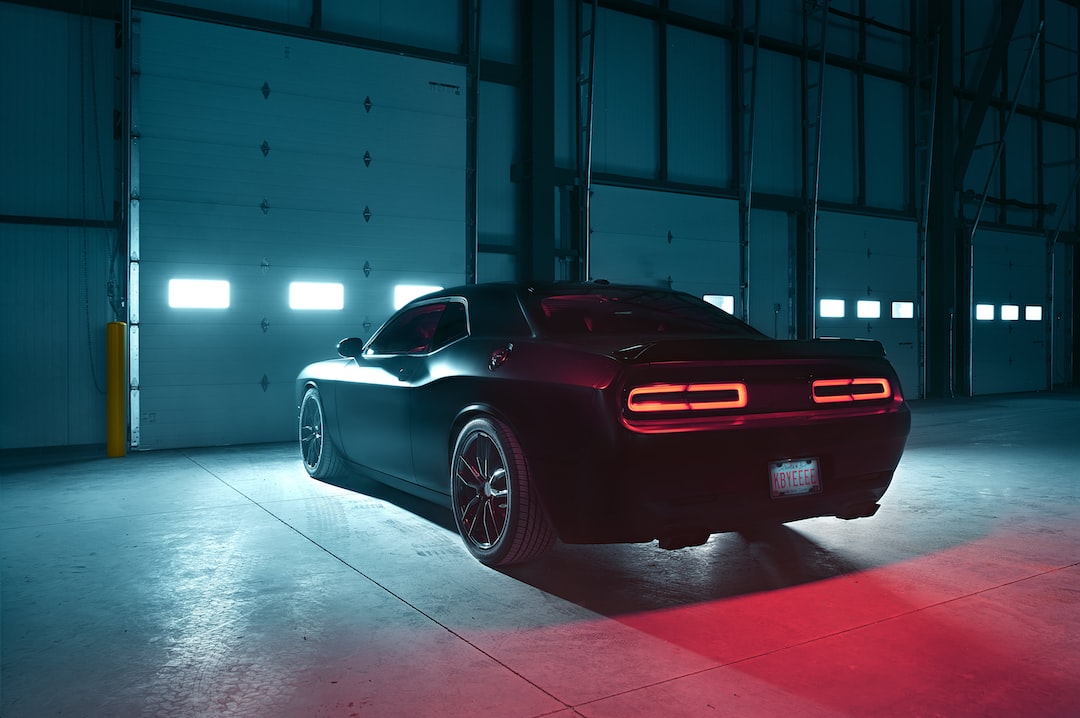Title: The Most Fuel-Efficient Cars of 2023: A Greener Road Ahead
Introduction
In a world where climate change concerns and rising fuel costs are becoming increasingly prominent, fuel efficiency has emerged as one of the most vital factors in choosing a vehicle. As we steer towards a greener future, automakers are ramping up their efforts to produce environmentally-friendly, fuel-efficient cars that not only reduce carbon emissions but also save consumers money at the pump. In this blog post, we take a closer look at the most fuel-efficient cars expected to hit the roads in 2023, highlighting their cutting-edge technology and significant contributions to a sustainable future.
1. Tesla Model 3
Tesla has long been hailed as a pioneer in the electric vehicle (EV) industry, and the highly anticipated Model 3 is no exception. With a sleek design and impressive performance, the Model 3 offers an estimated range of around 325 miles per charge. This all-electric vehicle has captivated the market with its advanced battery technology, regenerative braking system, and efficient electric drivetrain, setting a benchmark for fuel efficiency in the EV market.
2. Toyota Prius Prime
The Toyota Prius has been a trailblazer in the hybrid segment for decades. In 2023, the Prius Prime is expected to continue its dominance in fuel efficiency with its plug-in hybrid powertrain. The Prius Prime impresses with an estimated electric range of up to 25 miles, during which it produces zero tailpipe emissions. Furthermore, its combined gas-electric efficiency surpasses 50 MPG, making it an excellent choice for eco-conscious consumers seeking versatility without sacrificing fuel economy.
3. Hyundai Ioniq Electric
Hyundai’s Ioniq Electric model is yet another noteworthy option for individuals committed to reducing their carbon footprint. Offering a range of approximately 170 miles per charge, this all-electric vehicle is powered by an efficient electric motor that delivers an exhilarating driving experience while minimizing emissions. Hyundai’s extensive investment in battery technology ensures that the Ioniq Electric remains at the forefront of fuel efficiency in the EV market.
4. Honda Clarity Plug-In Hybrid
Honda’s Clarity Plug-In Hybrid (PHEV) showcases the automaker’s commitment to sustainable transportation. With an electric range of around 47 miles, the Clarity offers the flexibility of relying solely on electric power for daily commutes while boasting an overall fuel economy rating of over 100 MPG-e when combining electricity and gasoline use. Its advanced power management system intelligently switches between the electric motor and hybrid mode, providing a seamless and efficient driving experience.
5. Ford Fusion Hybrid
Ford’s Fusion Hybrid is an excellent choice for those who prioritize fuel efficiency without compromising on style or versatility. With an estimated 43 MPG combined, this midsize sedan features a powerful hybrid powertrain, seamlessly blending electric and gas power to optimize fuel efficiency. Ford has placed a particular emphasis on refining the Fusion Hybrid’s hybrid technology, resulting in an impressively smooth and responsive driving experience while maintaining cost-effectiveness at the pump.
Conclusion
As we move towards an era of greener transportation, the automotive industry continues to introduce increasingly fuel-efficient vehicles that address both environmental concerns and consumer demands. The expected lineup of fuel-efficient cars in 2023 showcases the remarkable progress made in utilizing electric and hybrid powertrains, innovative battery technology, and advanced systems to achieve optimal efficiency while reducing carbon emissions. From renowned pioneers like Tesla to trusted automakers like Toyota and Ford, the models on the horizon promise to transform our roads into environmentally-friendly avenues. By investing in these fuel-efficient options, we can contribute to a sustainable future while enjoying the benefits of reduced fuel costs and a cleaner environment. So, let us embrace the fuel-efficient cars of 2023 and collectively drive towards a greener and more prosperous tomorrow.
